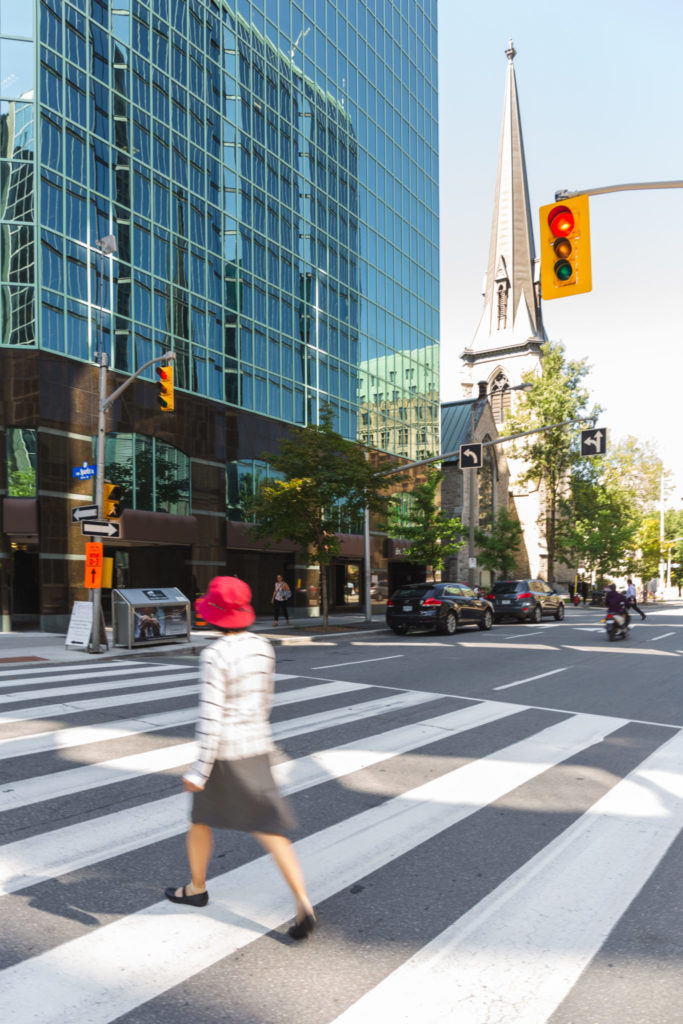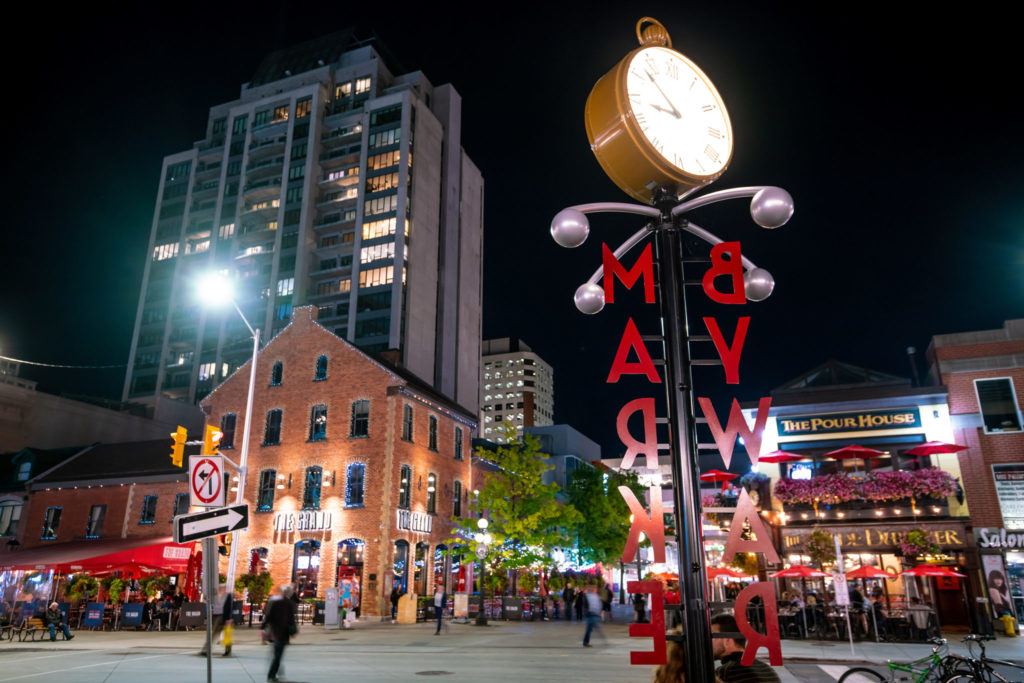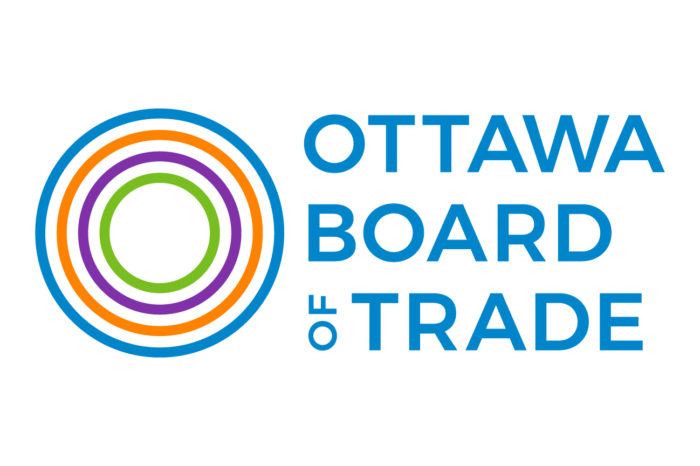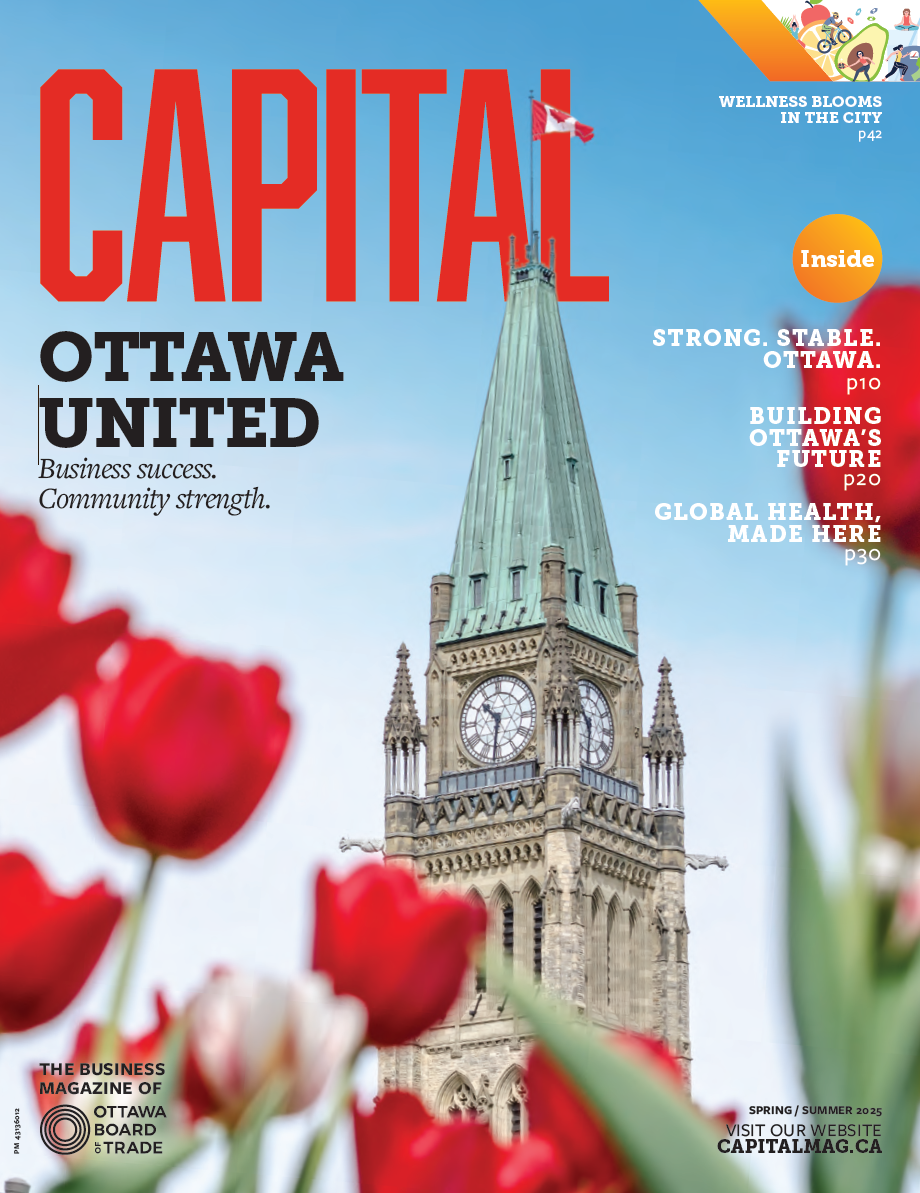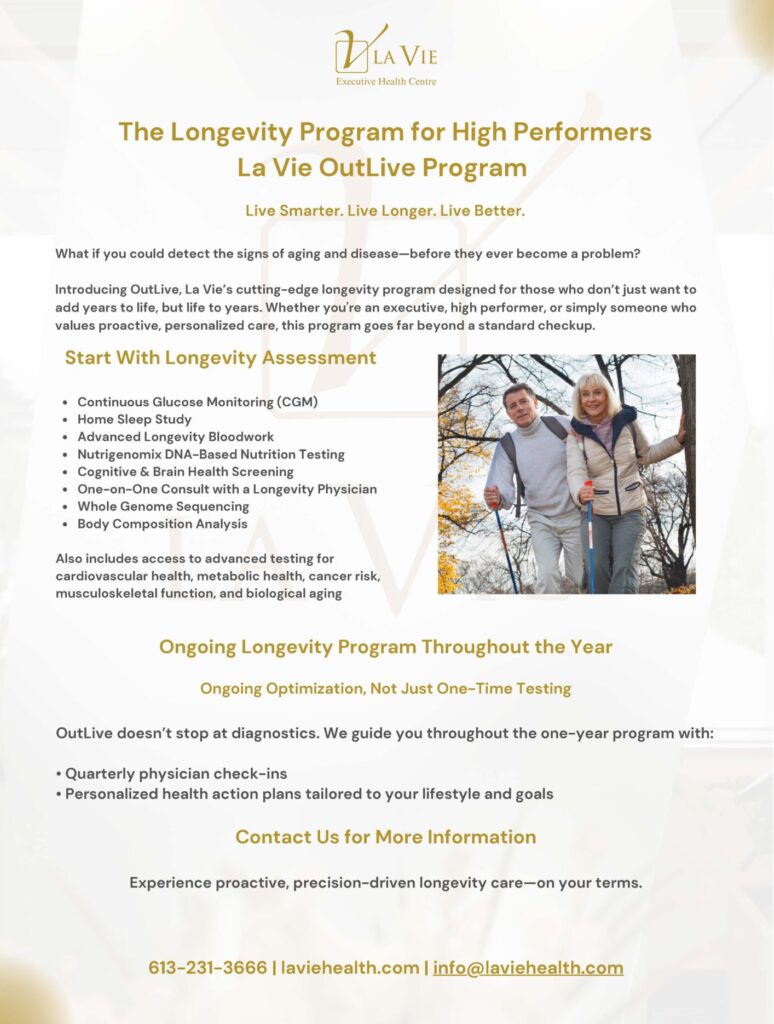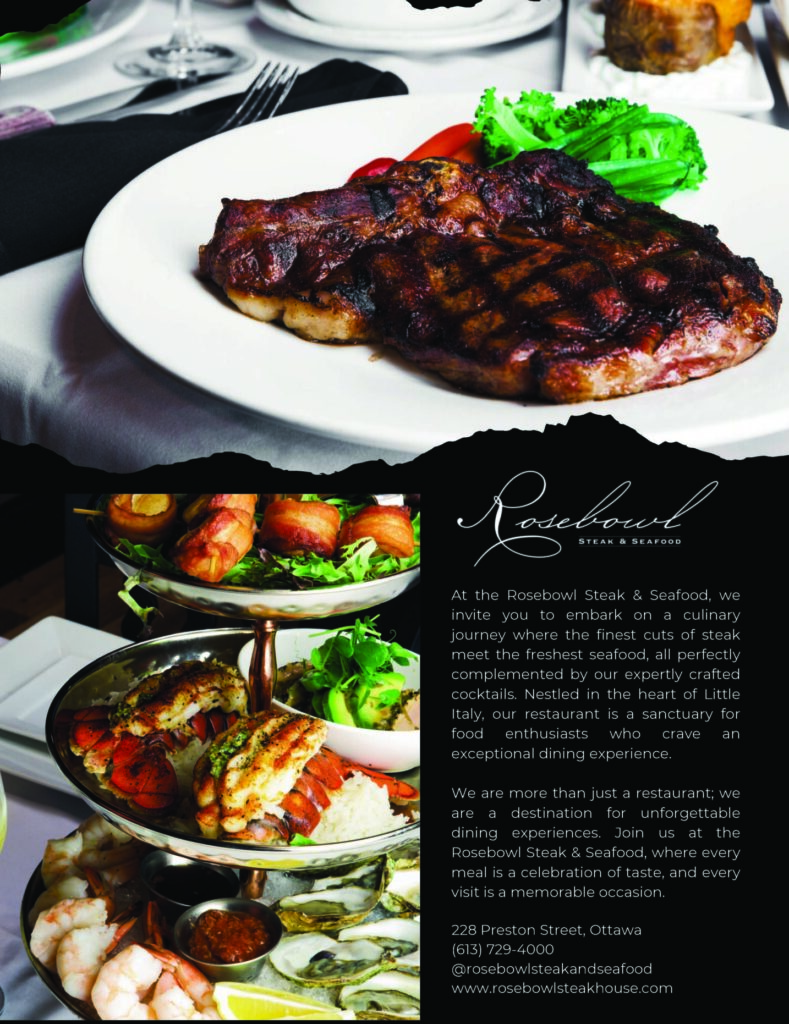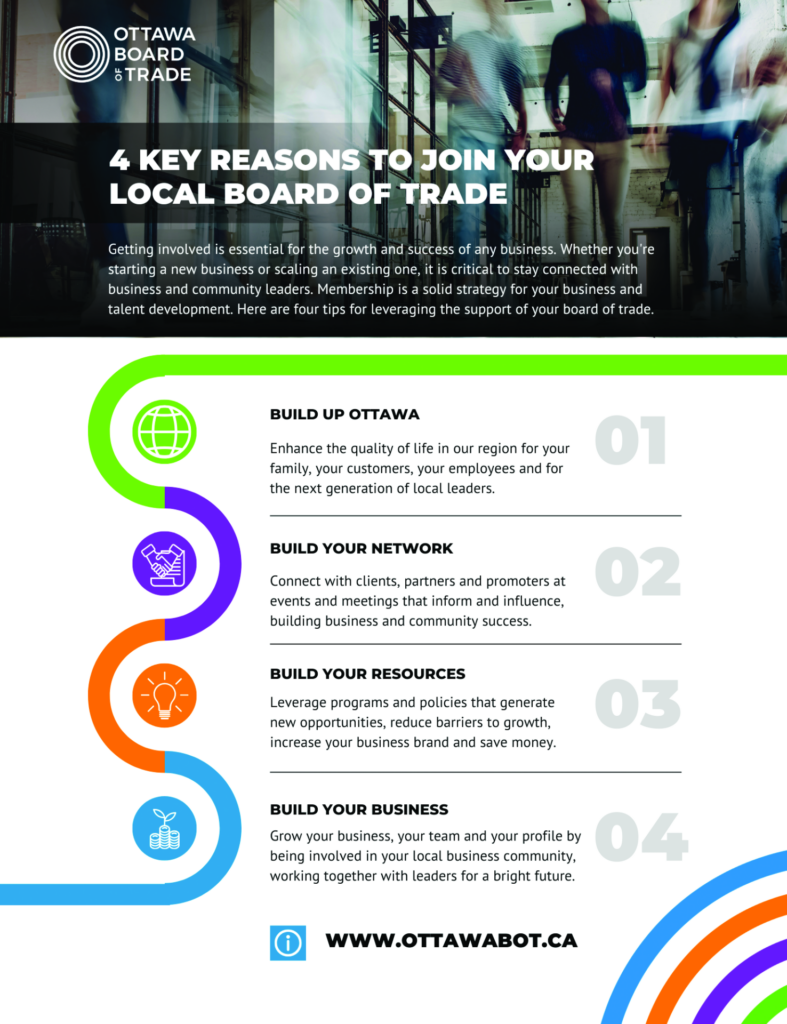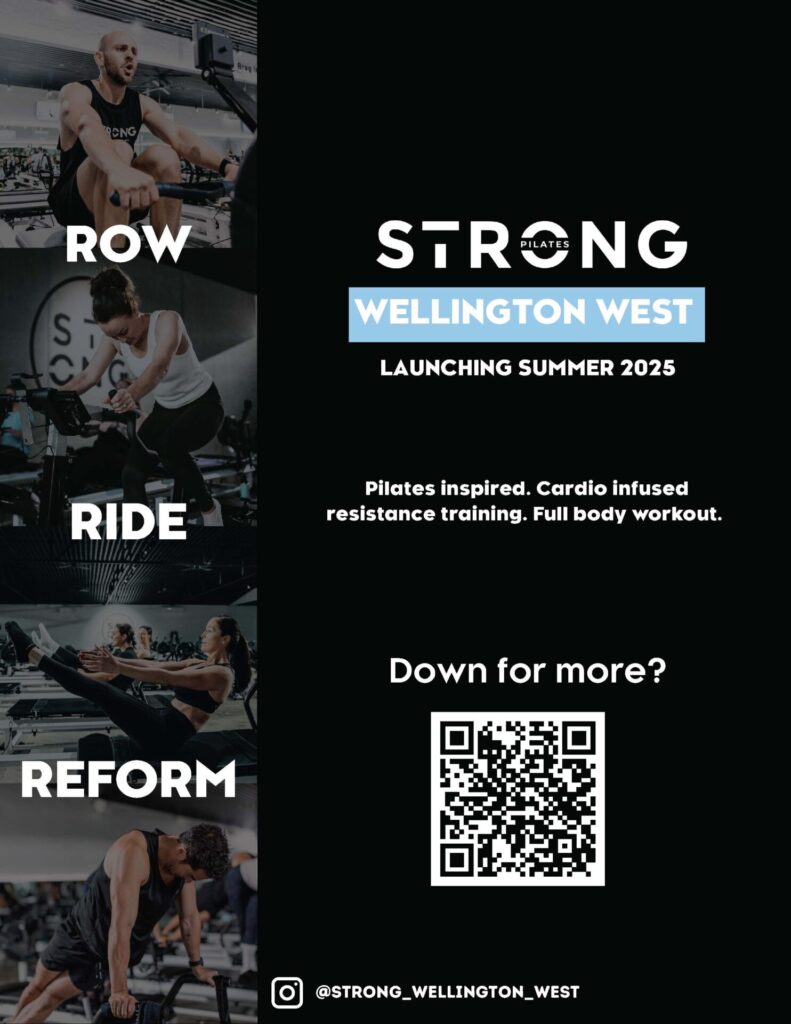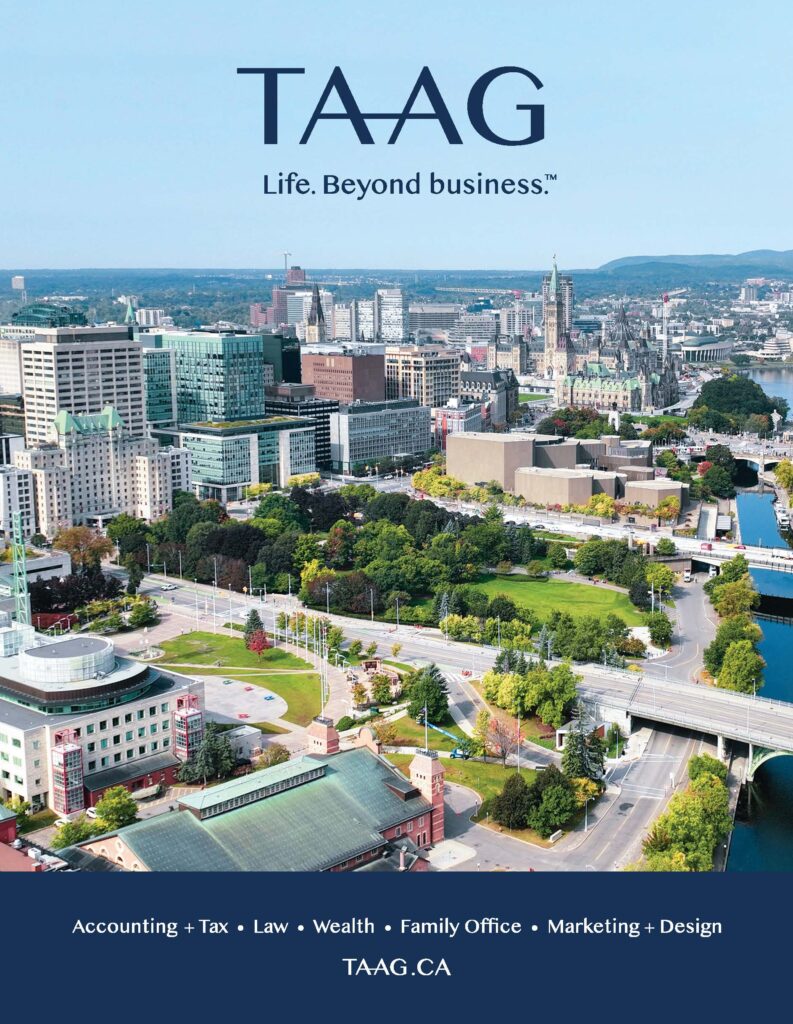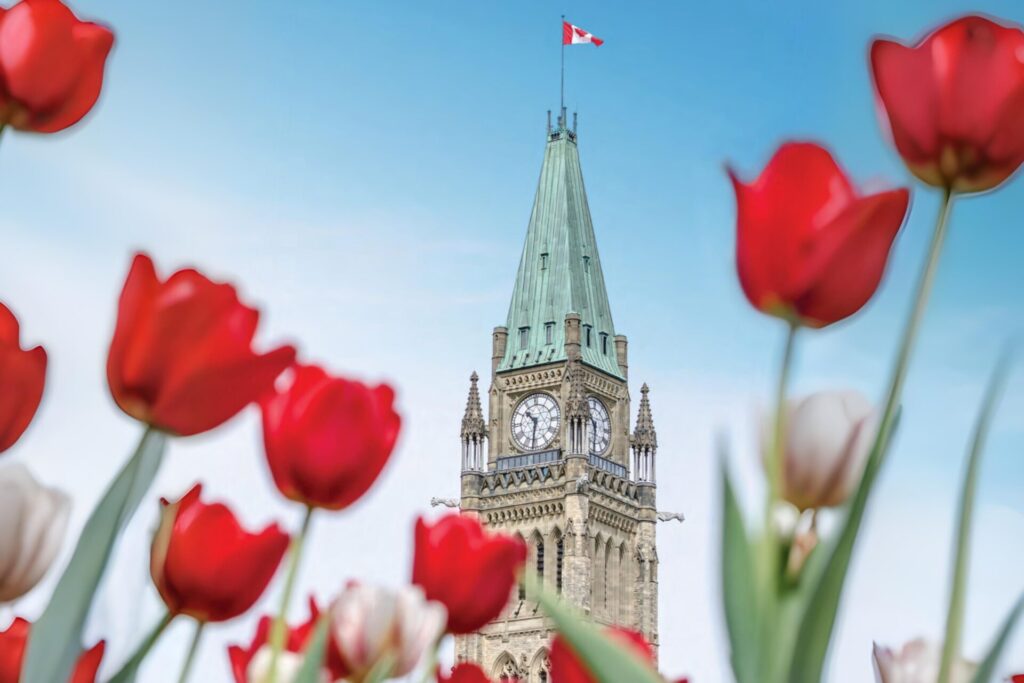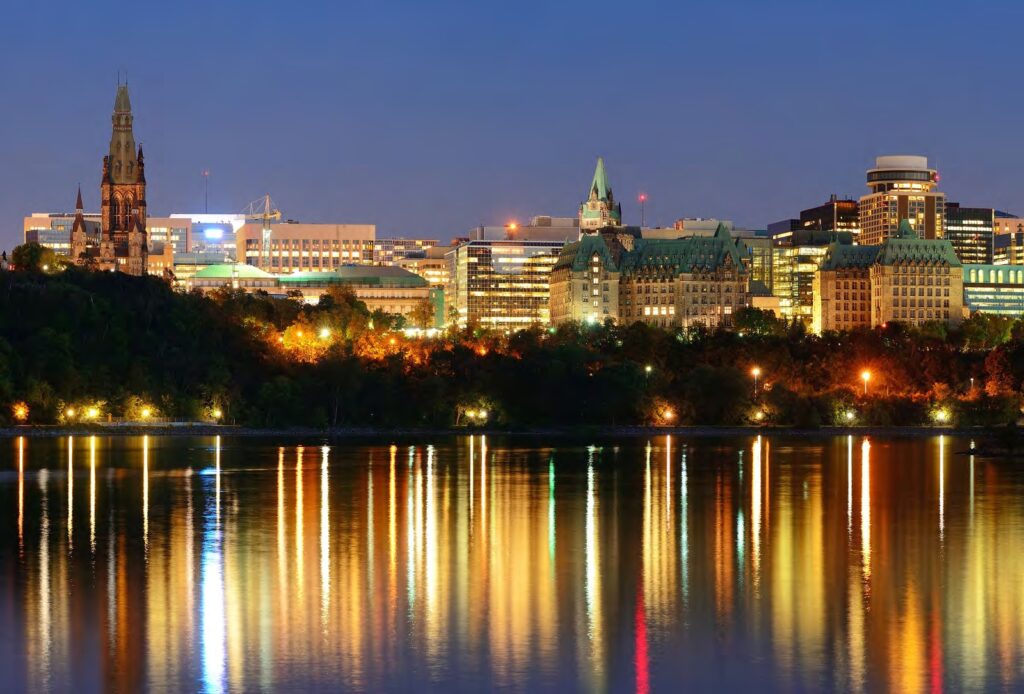Ottawa Businesses Striving to Build Back Better in a Post-Pandemic World

By Jeff Buckstein
Local business leaders are confident that Ottawa’s economy is not just on the mend from the devastating effects of COVID-19 emergency measures, but also on a trajectory that will accelerate the city’s international presence to new heights in a post-pandemic world.
“Our economy is very well positioned to play a long range role in the digital and data world,” says Michael Tremblay, president and chief executive officer of Invest Ottawa.
He notes, for example, that the local high tech industry features some 1,800 well-diversified companies and 80,000 employees in telecommunications, life sciences and biosciences, and clean tech.
“A lot of the underlying technology that we produce at an R&D level and at a company commercialization level is extremely relevant right now. I believe that’s the benchmark for determining how well an economy is going to do over time. The technology we have finds its way in broad world markets connected to deep, entrenched supply chains,” says Tremblay.
“This was one of the reasons why we created Area X.O. a couple of years ago,” he adds. “It is a facility to demonstrate, prototype and train in the area of autonomy, whether drones, cars, tanks – you name it. It is an opportunity for us to showcase some of the very best capabilities that Ottawa is really credible and strong at in world markets.”
This is the best time in history to take advantage of the capability Ottawa has, he stresses.
Other key local industries are also poised to reap the benefits of post-pandemic growth after having persevered and innovated in the face of unprecedented adversity.
Tourism was one of the hardest hit local sectors, losing about a quarter of its 43,000 pre-pandemic workforce. The local travel industry had been earning $2.2 billion in annual revenue as a result of visitor spending all around the city. It lost about $2.8 billion over the first 20 months of the pandemic, says Catherine Callary, vice-president of destination development at Ottawa Tourism.
Today “we’re on a better path,” says Callary, who expects that vaccine passports will help provide some clarity to allow businesses to remain open.
“We saw momentum this summer from leisure travel that came back. But we’re anticipating a challenging fall and winter in Ottawa because those months are typically pretty dependent on conference travel and business events. And that is a sector of tourism that’s going to take longer to rebound,” she elaborates.
Ottawa Tourism adjusted to the various travel bans when COVID-19 was at its worst by focusing more on a local audience. “Once the restrictions started to ease up people were really wanting to explore their own backyard,” says Callary.
In the summer of 2020, #MyOttawaPass, a digital passport that included savings and discounts available at various tourism attractions around the city, was launched, attracting almost 10,000 people. “We received a BOBs award for the #MyOttawaPass for best performance in marketing in 2020,” Callary says.
In the summer of 2021 Ottawa Tourism launched its #Invite2 campaign, which encouraged residents to invite two friends or relatives to visit and stimulate the local economy through spending at attractions, in retail stores, at restaurants and hotels, and on transportation.
Another initiative, ThinkOttawa.com, launched prior to the pandemic, continues to be an important way for the city to mobilize around bringing conferences and events to Ottawa that are spurred by our knowledge-based industries, research, education, and local professionals, says Callary.
Ottawa Tourism also expanded its local marketing focus to become more regionally based in 2021.
“One trend we saw is that rural and countryside attractions and destinations suddenly became of much greater interest to a much broader base,” says Callary, citing Saunders Farm campfire nights for families and couples, and the wagon rides at Stanley’s Olde Maple Lane Farm as examples of events that were perceived by many as being safer because they were outdoors and allowed for greater distancing.
“These rural attractions offer so much. I think we’re going to be able to build on that,” she says.
In the summer of 2020, #MyOttawaPass, a digital passport that included savings and discounts available at various tourism attractions around the city, was launched, attracting almost 10,000 people.
There continues to be a lot of uncertainty around being able to plan and organize a business conference or event involving hundreds of people, says Ross Meredith, dual general manager of The Westin Ottawa & Delta Hotels by Marriott, Ottawa City Centre. But “the good news is that we’re starting to see meeting and event planners taking some risk and making some commitments for 60, 90, 120 days, or six months out,” he notes.
During the pandemic the hotel emphasized the importance of continuing to remain in direct contact with key customers. “We’re benefiting from that strategy. Because we built and maintained those relationships through very difficult times, we’re getting the first call when it comes time for new business that they want to put back on the books,” says Meredith.
To mitigate the impact of the pandemic, Meredith’s sales team focused on attracting smaller groups than would be required for business conferences. For example, professional and amateur sport were one of the earliest market segments to get back to business. “We are fortunate to have the Ontario Hockey League teams staying at one of our properties. And we have all the Canadian Football League teams staying at the other,” he says.
There has also been a significant increase in family events like milestone birthdays and wedding anniversaries held at local hotels. And when leisure travel bounced back this past summer, more time and attention was focused on enhancing that experience.
Local attractions such as the Byward Market, Parliament Hill, a concentration of national museums, and Gatineau Park also provide “lots to like about coming to downtown Ottawa as a summer leisure getaway,” says Meredith.
Meredith expects several key business lessons to endure into the future and strengthen the operations of his hotels.
These include an enhanced understanding of the importance of teamwork, as employees often had to find new skill sets to support other departments in different ways. The importance of COVID protocols for both employees and guests was paramount, and enhanced safety measures will be carried forward. And management teams examined ways to operate more efficiently, such as whether budgeted funds previously allocated for third-party vendors could be re-allocated in-house to create cost savings, he notes.
The local arts sector, which often depends on live, in-person events to survive – was also hit badly by the pandemic.
“We had to get very innovative to find ways to support our members who make up the live music sector. We had to change how our programming was delivered and offered,” says Jamie Kwong, executive director of the Ottawa Music Industry Coalition (OMIC).
“Because many of our members are musicians who didn’t have paid opportunities, we created performance opportunities for them. We didn’t do any live events in 2020 because of the pandemic. Instead we filmed everything so that artists still had an opportunity to perform. We did pre-recordings,” says Kwong.
In 2021 pre-recorded Capital Music Awards were held virtually, and then broadcast across Rogers TV and on YouTube.
OMIC also worked to create more educational opportunities for INDIE artists and music businesses to create potential new revenue streams.
In addition, OMIC nurtured its community partnerships, and has participated alongside other local organizations in the Mayor’s Economic Partners Task Force. “We need to make sure that our music sector is collaborating with our local business sector. In the end it’s all about supporting local,” says Kwong.
“As governments try to recoup from all the COVID spending, it’s going to be at the forefront of all arts organizations to make sure that arts are not cut from the importance of budgets and priorities. They’re a key part of any economy. They bring in tangible numbers. And so OMIC will be advocating on behalf of the economic benefit of the music sector,” she adds.
Despite an estimated $28 million in lost revenues since the start of the pandemic, “in no way do I get the sense of defeat from any musicians or artists,” Kwong says. “They are so optimistic and excited to be getting a sense of normalcy back, like being able to go to the studio to record, getting to rehearse with their band mates, and getting touring gigs once again.
“They’ve just been so resilient,” she says proudly.
“Because many of our members are musicians who didn’t have paid opportunities, we created performance opportunities for them. We didn’t do any live events in 2020 because of the pandemic. Instead we filmed everything so that artists still had an opportunity to perform. We did pre-recordings,”
Because revenue from in-person ticket sales generally comprises between 80 per cent and 100 per cent of all budgeted festival revenues, the pandemic caused earned revenue for festivals to take a major hit in 2020 and 2021, says Carole Anne Piccinin, executive director of the Ottawa Festival Network.
The industry was also hard hit by workforce and logistical issues. Some festivals were unable to retain staff. Delivery models changed. “The festivals suddenly needed digital production expertise, which wasn’t really there before the pandemic struck. So different skill sets had to be sought quickly, which posed challenges,” Piccinin explains.
“Our industry has super-resilient, creative people, but it was truly remarkable to see that in action when the pandemic struck. We saw major festivals move to different delivery models within weeks,” she says, noting how, for example, the Canadian Tulip Festival, Summer Solstice Indigenous Festival, Ottawa Chamberfest, Ottawa Jazz Festival, Ottawa Race Weekend and the Ottawa International Animation Festival were able to deliver valuable content online.
Ottawa Festival Network has maintained strong and open dialogue with the City of Ottawa, including Ottawa Public Health and Event Central. “We supported producers by helping them access information to find smart reopening strategies while addressing health risks. This support continues to be essential to help build consumer confidence to return to live events. We saw the results of that work this summer as some events made the decision to produce live. There were some impressive successes for our hardest hit industry, which is really encouraging,” says Piccinin.
Ottawa Festival Network has been supported by all levels of government and its strategic partners, including the Canadian Live Music Association and the Festivals and Major Events organization.
“And shout-outs to our city partners, Ottawa Tourism, Ottawa Board of Trade, Ottawa Film Office, the Ottawa Coalition of Business Improvement Areas, and the Ottawa Music Industry Coalition. Our conversations were critical to support not only the festival industry, but the ecosystem that festivals operate within,” stresses Piccinin.
Festivals make up a valuable part of the regional economic system and “we will continue to work closely with Ottawa Public Health and Event Central to ensure that event safety continues to go hand in hand with entertainment, to help build consumer confidence as we go along in recovery from the pandemic,” she adds.
Industry leaders and city officials now have the satisfaction of seeing their hard work during trying times pay off and bear fruit.
For example, says Tremblay, during the depths of the pandemic Invest Ottawa leveraged strong relationships with funders at all levels of government and industry to assist local companies. That included an $11.6 million Digital Main Street ‘futureproofing’ investment from Fed Dev Ontario, a federal agency that delivers programs and services to support innovation and economic growth across southern Ontario.
“We had over 30 coaches and mentors and over 300 students help us touch 1,700 companies across Eastern Ontario – of which 1,400 plus were in Ottawa,” he says.
Today, the recovery of so many of those businesses right across Ottawa puts the local economy in a strong position to pull ahead of where it was prior to the pandemic.
“We will be successful quite quickly as a city, and I think there’s lots to be confident about,” predicts Meredith.
